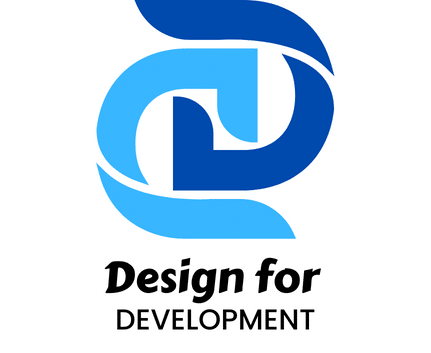Revolutionizing education: GPT chatbots serving teachers
Education represents, today, a major field that must adapt to technological advances to remain relevant and effective. Chatbots, and in particular language processing models like GPT (Generative Pre-trained Transformer), are positioned as effective tools for teachers to improve student learning. This guide offers you how GPT chatbots can reform education by providing personalized assistance, encouraging student engagement, and sparking creativity in teaching.
The rise of GPT chatbots in education
GPT chatbots, developed by OpenAI, have recently gained popularity in many fields, including education. For example, teachers can use Chat GPT free to modernize the design and implementation of their courses. Indeed, GPT chatbots use artificial neural networks to understand and generate natural language. This allows them to interact fluidly with users.
In the same genre : What’s New in Biometric Wearables for Continuous Health Monitoring?
The GPT model is trained on large text datasets. Which allows it to gain a deep understanding of human language and perform a wide range of natural language processing tasks. These various potentialities of GPT chatbots make them important allies for teachers. They offer them additional support in their teaching practices.
GPT Chatbots: a personalized assistance tool for students
One of the fundamental advantages of GPT chatbots in education is their potential to provide personalized assistance to students. With their ability to understand and generate natural language, these tools can answer students' questions, guide them in their research, and provide additional explanations of difficult concepts. This allows teachers to spend more time on one-on-one interactions with students while still providing ongoing support to those who need it.
Have you seen this : How can I create teaching resources with MyImageGPT ?
Using chatbots to encourage student engagement
GPT chatbots can also play an important role in encouraging student engagement. Their ability to interact naturally and respond quickly to students' questions can make learning more interactive and fun.
Additionally, chatbots can be programmed to provide fun and engaging learning activities. Which can help maintain students' attention throughout the lesson. This can help improve academic results and promote a positive learning climate.
Using chatbots to stimulate creativity in teaching
Apart from their direct use with students, GPT chatbots can also stimulate the creativity of teachers in planning and designing their lessons. By using these chatbots as brainstorming or idea generation tools, teachers can get suggestions and guidance on how to approach various topics.
Also, chatbots can help create personalized educational content taking into account the specific needs of each class or each student. This allows teachers to adapt their teaching more effectively and meet the individual needs of students.
GPT Chatbots: course planning assistance tool
GPT chatbots can help teachers in planning and designing their lessons. Teachers can use these tools for generating lesson ideas, lesson plans and teaching activities.
Chatbots can also provide suggestions on how to adapt course content based on specific student needs or learning objectives. This allows teachers to save time planning their lessons and create more personalized and encouraging learning experiences for their students.
Challenges and ethical considerations
While the benefits of GPT chatbots in education are known, it is important to recognize that they are not without challenges and ethical considerations. For example, there are concerns around student data privacy, as well as the potential for chatbots to transmit incorrect or biased information.
Also, it is essential to ensure that the use of chatbots does not replace human interactions in teaching, but rather complements them. It is then helpful to provide students with tools and skills to critically evaluate the information provided by chatbots and to seek additional sources if necessary.
Using GPT chatbots for automatic homework correction
GPT chatbots can also be used to automatically correct homework and student work. Teachers can submit student assignments to a chatbot, which can evaluate answers, detect errors and provide immediate feedback. This saves teachers time and provides faster, more accurate feedback to students. These approaches help improve their academic performance.
In summary, GPT chatbots offer significant opportunities to transform education by providing personalized assistance, encouraging student engagement, and sparking creativity in teaching. However, there is a need to recognize the challenges and ethical considerations associated with their use, and to ensure that they are used responsibly and ethically.
